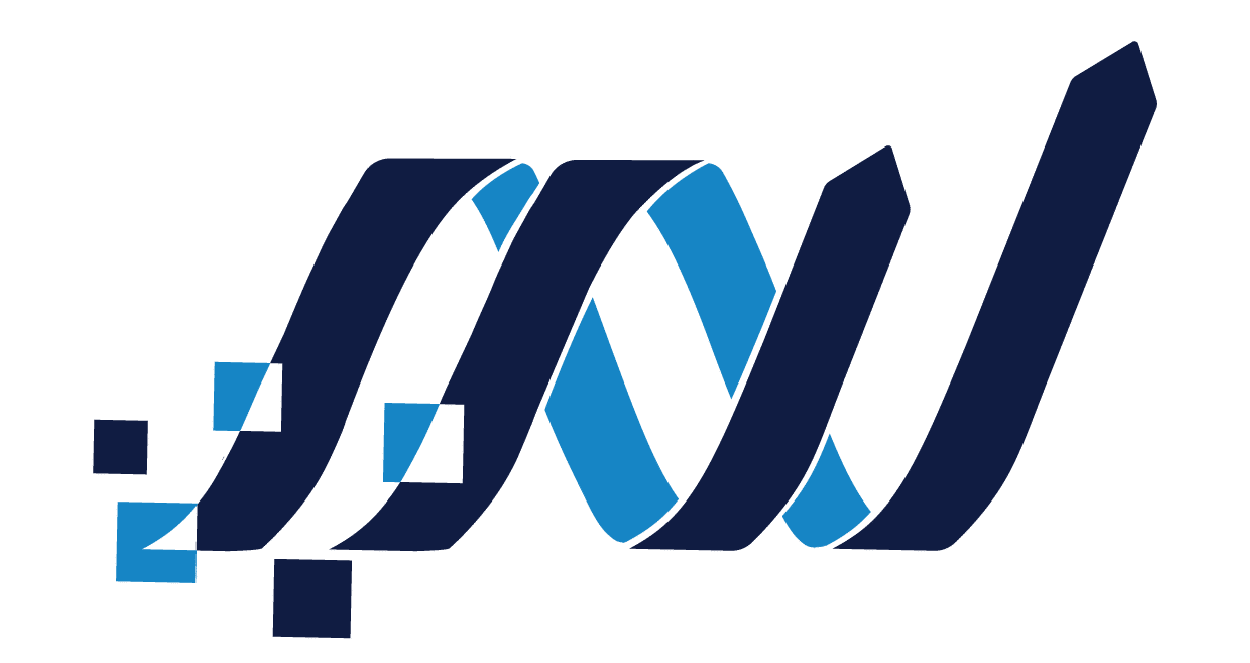In the ever-evolving world of Human Resources technology, a seismic shift is being observed with the inception of Enterprise Talent Intelligence. In his illuminating article, Josh Bersin delves into how this burgeoning field is setting new benchmarks in the HR tech market. This blog post aims to unfold the key insights and implications of his findings for businesses, particularly through a lens beneficial to those engaged in marketing and AI-driven solutions.
Key Points from the Article:
The core takeaway from Bersin's research is the integration of sophisticated analytics and AI technologies in HR, known as Enterprise Talent Intelligence. This integration empowers companies to make data-driven decisions about their workforce, enhancing efficiency and effectiveness in talent management. The use of AI and machine learning models facilitates predictive analytics, helping HR professionals to foresee and plan for future needs, identify skill gaps, and optimize talent distribution.
Creating Business Value:
As a consultant at HolistiCrm, specializing in the intersection of AI and marketing (martech), the implications of this trend are profound. Companies can leverage custom AI models to transform vast amounts of HR data into actionable insights, leading to enhanced performance and employee satisfaction. This holistic approach not only optimizes talent management but also aligns it more closely with business objectives, delivering a clear competitive edge.
The adoption of Enterprise Talent Intelligence also heralds a new era of personalized employee experiences. Custom AI models can analyze individual employee data to craft tailored career development plans, thereby increasing engagement and reducing churn. This level of personalization in talent management directly contributes to greater customer satisfaction, as satisfied and well-aligned employees are more likely to deliver superior customer experiences.
Addressing Risks and Constraints:
While the potential is vast, implementing Enterprise Talent Intelligence is not devoid of challenges. Data privacy emerges as a significant concern, necessitating strict adherence to ethical standards and regulatory requirements. Moreover, the initial setup requires substantial investment in technology and expertise, potentially restraining smaller organizations.
However, by partnering with an AI agency or AI consultancy like HolistiCrm, companies can navigate these complexities effectively. HolistiCrm provides the requisite expertise in deploying custom AI models, ensuring not only compliance with legal standards but also the integrity and security of data processing.
Positive Outlook:
Embracing Enterprise Talent Intelligence significantly boosts HR functions with deeper insights and predictive capabilities, which in turn enriches strategic decision-making across the business. By integrating advanced AI tools, companies can expect heightened efficacy in talent acquisition, increased workforce productivity, and ultimately, elevated business performance.
For marketing leaders and martech enthusiasts, this development signals a promising avenue to merge innovative AI solutions with human-centric strategies. This alignment can potentiate tailored marketing campaigns and improved customer engagement strategies, fuelled by a more satisfied and well-managed workforce.
Josh Bersin's insightful article illuminates the growing relevance of AI in transforming HR into a more strategic, data-driven field. This paradigm shift offers substantial opportunities for companies to enhance scalability, efficiency, and employee engagement through smart, AI-powered solutions.
For further details, you can read the full text of the original article here.
Overall, Enterprise Talent Intelligence not only disrupts but also enriches the HR tech landscape, heralding new paths for growth and innovation in human resource management.
